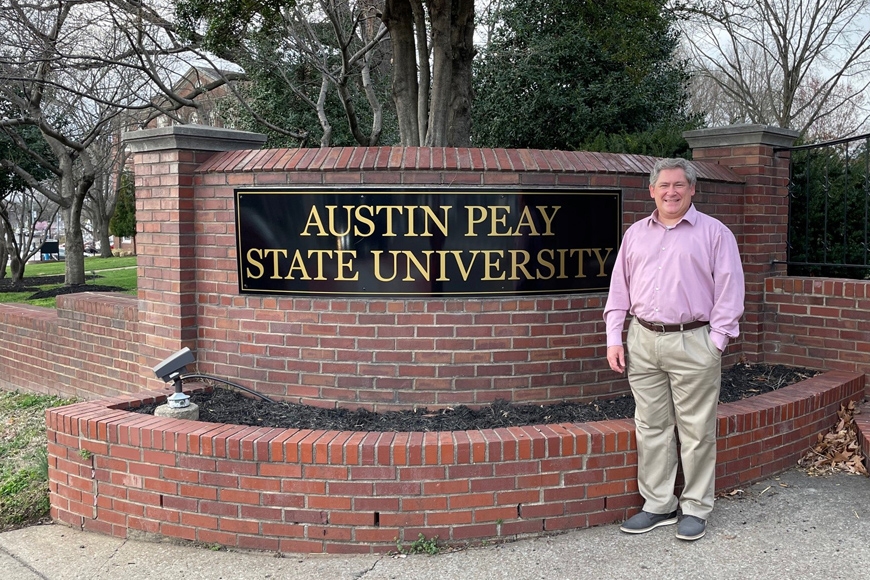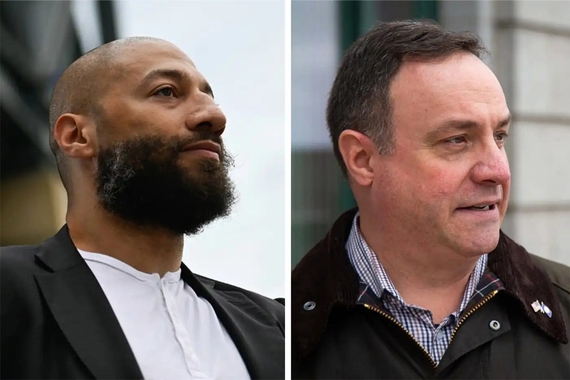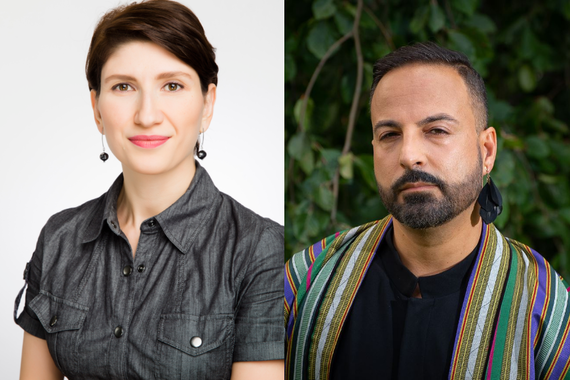Meet Alumnus Michael Licari, President of Austin Peay State University
In spring of 1993, Michael Licari graduated from the University of Minnesota equipped with a bachelor's degree in political science and valuable professional and life skills, which led him down a path of success and leadership culminating at Clarksville, Tennessee nearly three decades later.
After receiving his PhD from the University of Wisconsin-Milwaukee, Licari received faculty positions at State University of New York Binghamton and Northern Iowa where he studied public administration and public health. Then as provost and vice president of academic affairs at Indiana State University, Licari oversaw all academic functions of the University as well as enrollment management and university marketing.
In March 2021, Licari took over as the eleventh president of Austin Peay State University in Clarksville. As Licari navigates running one of the fastest-growing universities in Tennessee amid the difficulties of COVID-19, he has been reflecting on his time as an undergraduate at the University of Minnesota and how it prepared him for his research and career.
Lessons from the U still apply
“I am still practicing what I learned as a student at the University of Minnesota,” Licari shared, “and what I taught as a faculty member.” The skills acquired from studying the liberal arts generally and political science specifically are crucial in his leadership role. “It’s the ability to understand human behavior, knowing what motivates people, how they make decisions. It’s understanding government, both how elected officials operate and how the administration works.”
The connection between Licari and the University of Minnesota dates back years before he matriculated. “My mom earned her bachelor’s degree in biology in the 1960s from the U, and my dad earned his bachelor’s master’s, and PhD in engineering all from the U, as well.” So Licari has been visiting campus his entire life and still has buttons, pins, and pennants from football games in the 1970s.
Participating in the Univerity of Minnesota Marching Band led to a lifelong connection after Licari lined up next to his future wife Kirsten during a pregame show. Another significant highlight was the opportunity to study abroad. “That was an incredible experience,” Licari says, “and I’ve dedicated a lot of effort trying to expand international opportunities for students.”
In addition to the personal connections and experiences Licari made, he relayed his love of the time he spent as a political science major at the University and how receiving an education in the department influenced him in his future successes and career.
“The political science department, in general, was great,” Licari recalled, “in that it offered a wide variety of classes, taught well by faculty who I tried to emulate later in my career. The effort that faculty expend to connect personally with their students is certainly worth it; it inspires students in ways they might not even know.”
Licari specifically remembers Professor August Nimtz and Professor Emeritus Raymond Duvall as mentors who helped prepare him for graduate school with their challenging curriculum and letters of recommendation.
In graduate school, Licari studied smoking regulations in the United States. “Often, comparative politics is thought of in the cross-national context,” Licari said, “but examining state-level policy gives you 50 cases to compare over time.” Licari’s scholarship has made practical contributions beyond the academy. The surgeon general’s report on smoking in the year 2000 cited his work as an example of sophisticated research on smoking regulations.
This research informs his decisions today as president of Austin Peay. “My work began exploring duty heuristics and signaling regarding compliance with regulations, even when they’re not actively enforced,” Licari outlined. “The mask mandate I’ve instituted as a COVID precaution at APSU for this fall is largely unenforced by the university, but my research from decades ago still applies and we’re able to do relatively small things to keep compliance high.”
Valuing education as a public resource
An essential value that Licari carries with him into his new position is that education is a public resource. Without downplaying the personal benefits of earning a college degree, Licari pointed to the ways communities benefit immensely from having an educated population. “It spurs economic development, improves overall quality of life, civic engagement is better, and even the overall health and welfare of the community is better. Investment in universities also leads to the creation of knowledge and art.”
Licari is excited to build on the opportunities at Austin Peay. “More than half of our students come from low-income households,” he related, “so we’re putting them on a new path, one that they perhaps did not think possible. As a result of the good work we’re doing, we’re in the top 15% of universities nationally for providing upward social mobility for students. That is, we’re improving their quality of life significantly.”
When Austin Peay announced they had chosen Licari to be the institution's next president, the chair of the search committee commented, “He is an experienced and proven leader who will help guide the institution with distinction and a spirit of innovation in the years to come.” The spark that developed the experience, leadership skills, and spirit of innovation necessary to lead Austin Peay commenced at the University of Minnesota.


